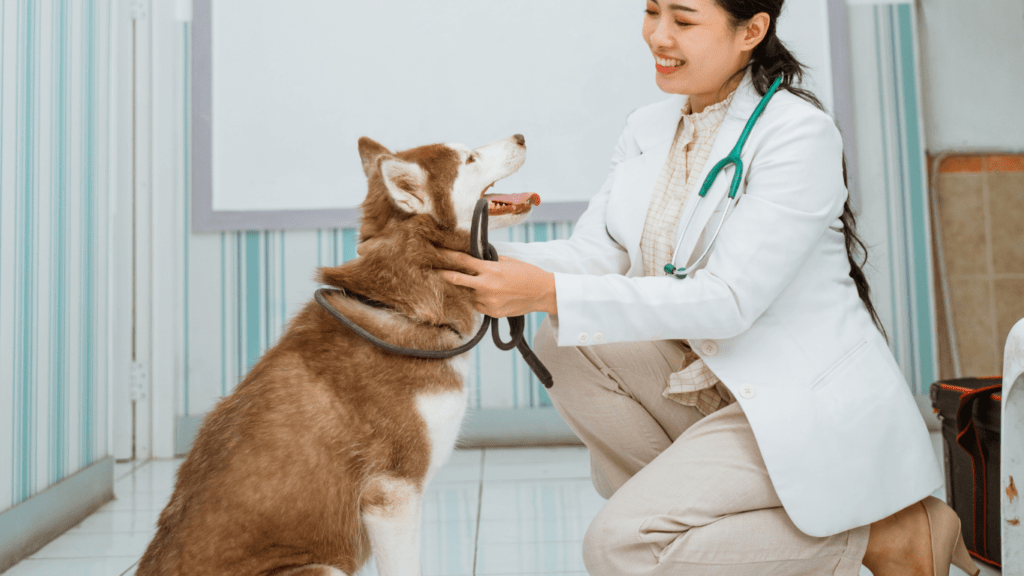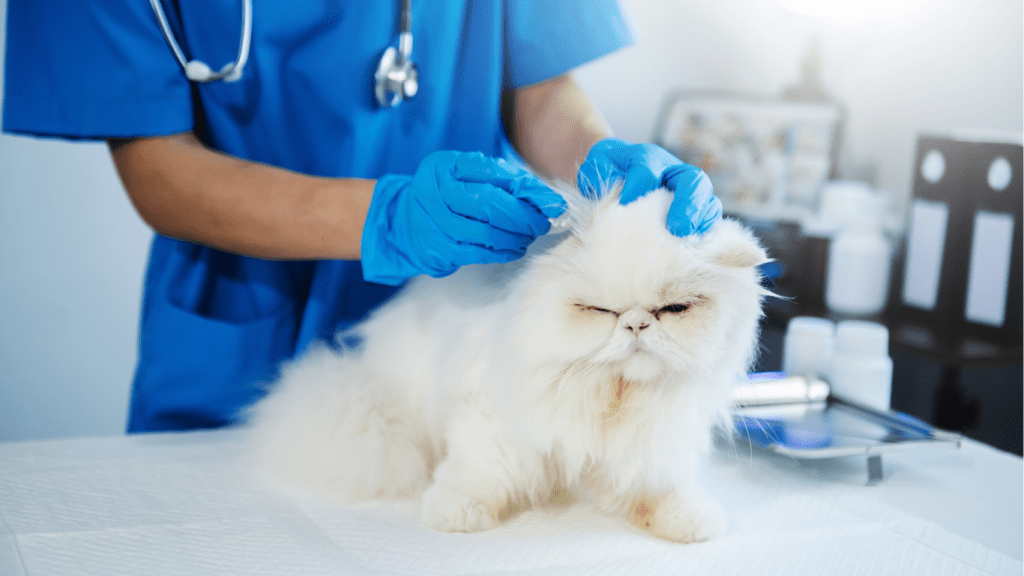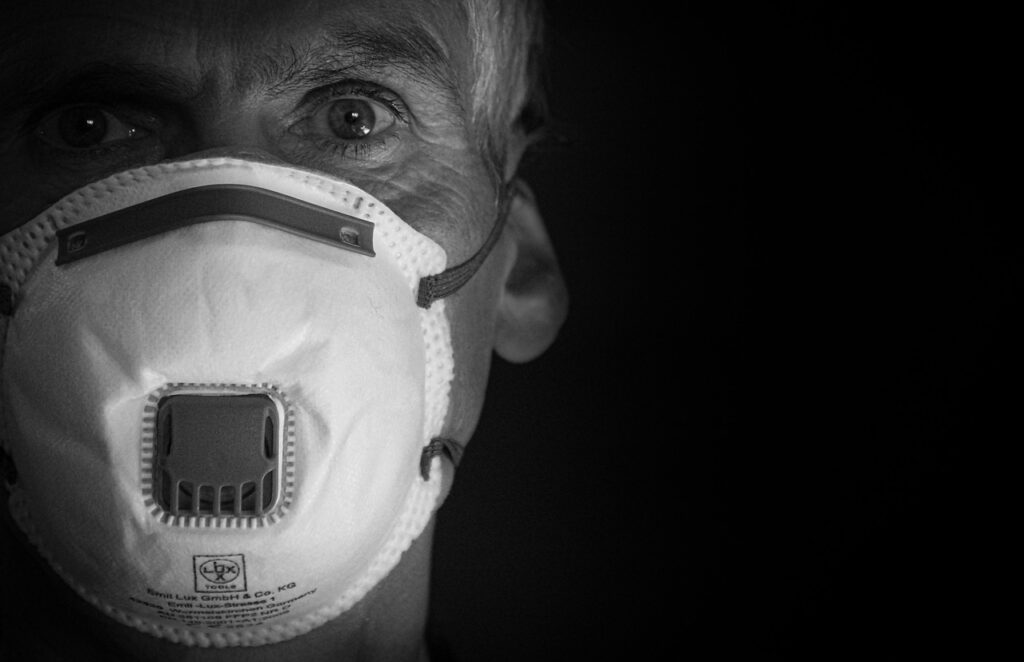The Importance Of Pet Health
Pet health demands consistent attention and care. Addressing health issues proactively prevents minor problems from escalating into severe conditions. Routine check-ups play a crucial role in early detection. Vets spot signs of illness during these visits, enabling timely intervention.
Vaccinations keep pets safe from infectious diseases. Rabies, distemper, and parvovirus are common threats, and vaccinations provide essential protection. Parasite prevention also falls under essential pet care. Fleas, ticks, and worms cause discomfort and transmit diseases, making preventative measures vital.
Nutrition significantly impacts a pet’s health. Balanced diets tailored to species and age support overall well-being. Obesity leads to various health problems, so maintaining a healthy weight through diet and exercise is crucial.
Dental health affects more than just the mouth. Poor oral hygiene leads to infections and related systemic issues. Regular dental check-ups and cleanings preserve oral health and prevent complications.
Mental health deserves equal attention. Stress and anxiety affect pets’ physical health and behavior. Providing a stimulating environment and social interaction reduces these risks.
Educating pet owners enhances their ability to care for their pets effectively. Understanding signs of common illnesses and knowing when to seek veterinary care are critical components of responsible pet ownership.
Common Pet Health Issues
Pet health issues are common but manageable with the right information and care.
Dental Disease
Dental disease is a frequent issue in pets, particularly in older animals. Plaque buildup causes gum disease and tooth decay. Symptoms include bad breath, difficulty eating, and red gums. Regular dental cleanings, along with at-home brushing, can help mitigate these issues.
Obesity
Obesity affects a significant percentage of pets. Overfeeding, lack of exercise, and improper diet contribute. Ideal weight management includes monitoring food intake, providing regular physical activity, and choosing nutritionally balanced diets. Speak with a vet to determine a suitable weight range and diet plan for your pet.
Parasites
Parasites like:
- fleas
- ticks
- worms
are common pet health issues. They cause discomfort and can lead to severe health problems. Signs of parasite infestations include itching, visible insects, or worms in feces. Regular parasite prevention treatments, such as topical applications or oral medications, are essential.
Skin Allergies
Skin allergies are a typical issue in pets, often caused by environmental factors, food, or parasites. Symptoms can include excessive itching, redness, and hair loss. Identifying and eliminating the allergen, along with vet-prescribed treatments like antihistamines or special diets, can provide relief.
Recognizing Symptoms Early
Early symptom recognition helps treat and manage pet health issues effectively. Understanding behavioral and physical signs can prompt timely veterinary care.
Behavioral Changes
Altered behavior often signals underlying health problems. Notice if your pet becomes lethargic, aggressive, or anxious, as these could indicate pain, discomfort, or illness. Increased vocalization, like excessive barking or meowing, may suggest distress or discomfort. Monitor changes in eating or drinking habits; a sudden lack of interest in food or water can indicate dental issues, digestive problems, or systemic diseases. Pay attention to altered sleeping patterns; excessive sleepiness or restlessness might be a symptom of an underlying health issue.
Physical Signs
- Physical symptoms provide clear indicators of health issues.
- Watch for unexplained weight loss or gain, as it may signal metabolic disorders, hormonal imbalances, or organ dysfunction.
- Look for changes in the coat’s appearance; a dull, rough, or patchy coat can point to nutritional deficiencies, skin conditions, or parasitic infestations.
- Be alert to persistent scratching, licking, or biting at the skin, which could indicate allergies, fleas, or infections.
- Observe for signs of respiratory distress, such as coughing, wheezing, or labored breathing, which might suggest infections, heart disease, or respiratory conditions.
- Check for swelling, lumps, or bumps on the body, as these can be benign or malignant growths requiring veterinary evaluation.
- Note any abnormal discharge from eyes, ears, or nose, which often signifies infections or allergies.
Recognizing these symptoms early enhances the ability to maintain your pet’s health and manage potential issues before they escalate.
Preventative Care Tips
Preventative care is essential to keeping pets healthy and avoiding serious health issues. Regular vet visits, a balanced diet, and proper exercise contribute significantly to your pet’s well-being.
Regular Vet Visits

Scheduling regular vet visits ensures that your pet’s health is consistently monitored. Annual check-ups help catch early signs of diseases. Vaccinations, like those for rabies and distemper, protect against common infections. During these visits, the vet performs physical exams, dental check-ups, and may recommend blood tests to monitor organ functions.
Balanced Diet
A balanced diet provides the necessary nutrients for your pet’s growth and maintenance. Feeding high-quality pet food supports healthy skin, coat, and energy levels. Avoid overfeeding to prevent obesity-related issues. Always provide fresh water and consult your vet for dietary recommendations tailored to your pet’s specific needs.
Exercise
Exercise is crucial for maintaining your pet’s physical and mental health. Regular activities, like daily walks for dogs or interactive playtime for cats, help prevent obesity and support cardiovascular health. Exercise also reduces behavioral problems by providing mental stimulation. Tailor exercise routines to your pet’s age, breed, and energy levels.
When To See A Vet
Recognizing when to see a vet can save your pet’s life and prevent minor issues from becoming serious. Changes in behavior, appetite, or energy levels often indicate health problems that need evaluation.
Uncommon Behavioral Changes
Sudden aggression, excessive lethargy, or unprovoked fear may signal underlying health issues. For example, an active dog becoming suddenly lethargic can indicate pain or illness. Consult a vet if your pet shows unusual behavior.
Persistent Vomiting or Diarrhea
Occasional gastrointestinal upset isn’t uncommon, but persistent vomiting or diarrhea requires attention. If these symptoms last more than 24 hours, dehydration and other complications can arise, making a vet visit necessary.
Difficulty Breathing
Labored breathing, prolonged coughing, or wheezing might signal serious conditions like heart disease or respiratory infections. Immediate veterinary intervention is crucial to prevent further complications.
Visible Skin Issues
Skin issues such as persistent scratching, redness, or sores often indicate allergies, parasites, or infections. For instance, constant itching could denote flea infestation or skin allergies. A vet can identify the cause and recommend treatment.
Swollen or Painful Abdomen
Abdominal swelling or pain can indicate conditions like bloat or internal bleeding. If your pet shows signs of distress accompanied by a hard, swollen abdomen, seek veterinary care urgently.
Changes in Urination
Increased frequency, straining, or blood in urine suggests urinary tract infections, kidney issues, or bladder stones. Early intervention is key for effective treatment and preventing further damage.
Seizures or Fainting
Seizures, fainting, or loss of balance indicate neurological issues. These symptoms require immediate veterinary assessment to determine the cause and initiate proper treatment.
Inappetence
Loss of appetite lasting more than 48 hours can signal underlying health problems. Monitor your pet’s eating habits; if they persistently refuse food, schedule a vet appointment.
Excessive Thirst or Urination
Increased drinking or urination may point to diabetes, kidney disease, or hormonal imbalances. Timely veterinary evaluation can manage these conditions effectively.
Eye and Ear Abnormalities
Redness, discharge, or swelling in eyes or ears often indicates infections or other issues. For instance, ear infections can cause head shaking and scratching. Get your pet checked if these signs appear.
Dental Problems
Bad breath, excessive drooling, or difficulty chewing often signal dental disease. Regular dental check-ups prevent severe issues and maintain oral health.
Knowing these signs helps ensure your pet stays healthy and happy, reinforcing responsible pet ownership.



 Veterinary Advisor & Health Expert
Anthony Brooks is the in-house Veterinary Advisor at Pet Paw Shack, offering expert advice on pet health, disease prevention, and general veterinary care. With years of experience as a licensed veterinarian, Anthony helps guide pet owners through essential topics like vaccinations, routine checkups, and emergency care. His commitment to keeping pets healthy ensures that Pet Paw Shack delivers trusted and accurate medical insights.
Veterinary Advisor & Health Expert
Anthony Brooks is the in-house Veterinary Advisor at Pet Paw Shack, offering expert advice on pet health, disease prevention, and general veterinary care. With years of experience as a licensed veterinarian, Anthony helps guide pet owners through essential topics like vaccinations, routine checkups, and emergency care. His commitment to keeping pets healthy ensures that Pet Paw Shack delivers trusted and accurate medical insights.
